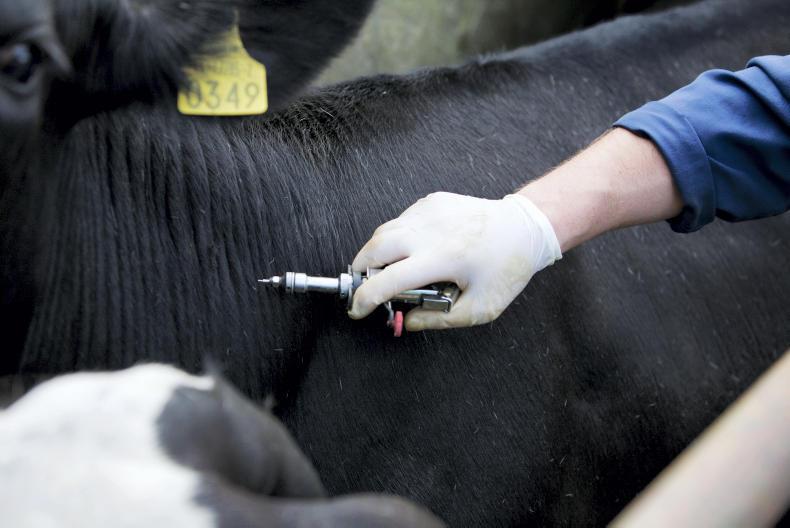A range of factors is leading to issues with recruitment in the veterinary profession in NI.
Large animal veterinary practices are finding it increasingly difficult to recruit qualified vets to undertake farm based work. The issue is not a new one in the veterinary profession in NI, but reports from local vets suggest recruitment problems have worsened significantly in recent months.
According to British Veterinary Association NI branch vice-president Seamus O’Kane, there is no single cause of the problem. “It’s not that there are not enough vets graduating every year, but there are a lot more avenues that a newly qualified vet can go down,” O’Kane said.
More vets are choosing not to work in clinical veterinary practices and are instead going into growing areas of non-clinical work, such as research and development, private industry, Government departments and pathology laboratories.
Working hours are usually more attractive in non-clinical work and O’Kane said that the out-of-hours service, which veterinary surgeons are required to provide, can be offputting for young vets.
Another issue highlighted by O’Kane is an increasing number of vets who are opting to work part-time. “Where one vet was needed 30 years ago, you might now need one and half or one and three quarters to provide the same amount of work, if someone is working just two or three days a week,” he said.
With corporate veterinary firms buying up a number of private practices in NI, concerns have been raised by some that it could affect the service provided for farmers. However, O’Kane suggested that corporate firms could make clinical work more attractive to young vets. “It could bring more business acumen to the running of the veterinary practices and other practices could learn from them,” he said.
TB testing
The growing workload from TB testing in NI is also stretching personnel in veterinary practices.
The latest statistics from DAERA show that 2,234,313 cattle were tested in NI in the first nine months of 2017, up 12.4% on the same period in 2016.
One option that could ease that workload is a proposal from the BVA that some testing could be undertaken by non-qualified vets.
“There could be a role for lay TB testers who are appropriately trained and working as part of the vet-led team, under veterinary direction,” BVA president John Fishwick said.
Shortage list
Last month, the BVA asked the UK’s migration advisory committee to place the veterinary profession on the Government’s shortage occupation list, which would allow immigrants who are qualified vets to be given preference when applying to enter the UK.
This follows concerns about the potential impact that Brexit could have on the veterinary workforce.
Almost half of the vets who registered for accreditation from the UK’s Royal College of Veterinary Surgeons last year graduated from vet schools in continental Europe, and it is estimated that around 90% of vets working in certification in UK meat factories are foreign nationals.
Another Brexit concern is the increased workload related to veterinary export health certificates for food products, especially in the event of no trade deal being agreed between the EU and UK.
In October, Defra chief vet Nigel Gibbens estimated that the volumes of products requiring certificates could increase by 325% under this scenario.






 This is a subscriber-only article
This is a subscriber-only article









SHARING OPTIONS: